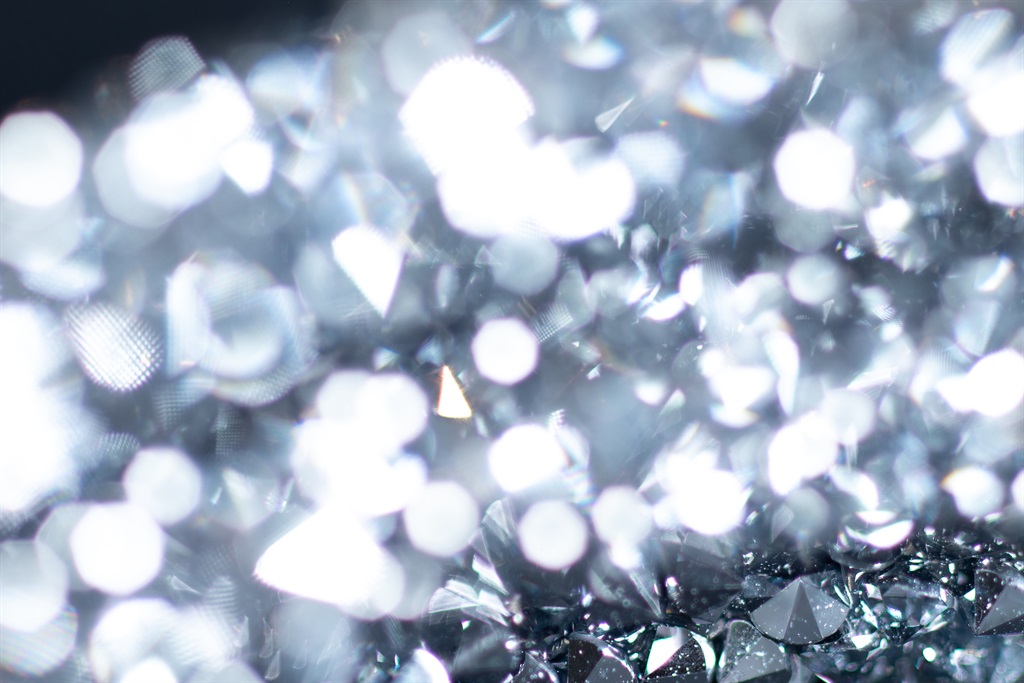

The Kimberley Process plenary meetings were divided about sanctioning Russian diamonds with concerns that banning the diamonds would negatively impact African countries while the US feared they’d be used to fund the Ukraine war.
Getty Images
- The Kimberley Process plenary meetings in Victoria Falls were divided about sanctioning Russian diamonds.
- Ahmed bin Sulayem said banning Russian diamonds would negatively impact Africa.
- The US’ main worry was Russia using proceeds from its diamond trade to fund its war in Ukraine.
The United States regrets the deadlock in Zimbabwe when the annual Kimberley Process (KP) plenary meetings in early November failed to sanction Russia’s role in the diamond trade.
KP members gathered in Victoria Falls to deliberate on issues pertaining to the global diamond industry.
The US’ main worry was Russia using proceeds from its diamond trade to fund its war in Ukraine. As such, that avenue should have been blocked, according to the Americans.
After lobbying for both sides among member states, they remained divided on the matter.
There was no communiqué issued at the end of the five-day long meetings.
READ | G7 countries apparently plan to ban Russian diamonds soon. De Beers approves
The KP Civil Society Coalition, in a statement, said the Ukraine-Russia conflict left the KP undecided.
“It is unclear where this leaves the Kimberley Process and how to move forward now. One of the main stumbling blocks was how to address the role of diamonds in financing Russia’s war against Ukraine.
The statement added:
Since last year, efforts to include this matter on the agenda of KP meetings have been blocked by a small group of KP participants.
In a statement, the US State Department said that, while the US was part of the meetings, the participants “remained unable to examine the implications for the Kimberley Process of Russia’s diamond production and its war against Ukraine, as requested by Ukraine and supported by the United States and others”.
During the plenary meetings, the US expressed concern about the ongoing crisis in the Central African Republic (CAR) and its impact on rough diamond exports, as well as support for the building of a KP Secretariat in Gaborone, Botswana.
In 2024, the US said it would continue to participate in the KP Ad Hoc Committee on Review and Reform, noting that reform is critical to the KP’s long-term viability and that it would fight for a broader definition of a conflict diamond.
The #KP Plenary meeting is taking place this week in ????The #CivilSociety Coalition continues to convey the concerns of communities by affected by ?? mining. We call on the Certification Scheme to reform & ensure that all forms of violence associated with diamonds are addressed. pic.twitter.com/MWU3Vt7L8T
— KP_CivilSocietyCoalition (@KPCivilSociety1) November 5, 2023
CAR, a strong Russian ally, where the paramilitary Wagner Group is most active in Africa, was the most notable African nation to side with Russia, Belarus and Kyrgyzstan, to oppose the broadening of what determines conflict diamonds.
Ahmed bin Sulayem, the chairperson of the Dubai Diamond Exchange, was selected to lead the Kimberley Process.
He was against the move to embargo Russia’s diamond industry because of the “irreparable harm” it presented to African producers.
With the KP failing to reach a consensus, the European Union (EU) is moving ahead with plans to ban Russian diamonds, which cover about 31% of global production.
Exports of diamonds from Russia declined by 30% in 2022, compared to 2021.
The EU and Group of Seven countries want to include diamonds as the 12th package of sanctions against Russian entities and individuals.
The News24 Africa Desk is supported by the Hanns Seidel Foundation. The stories produced through the Africa Desk and the opinions and statements that may be contained herein do not reflect those of the Hanns Seidel Foundation.
